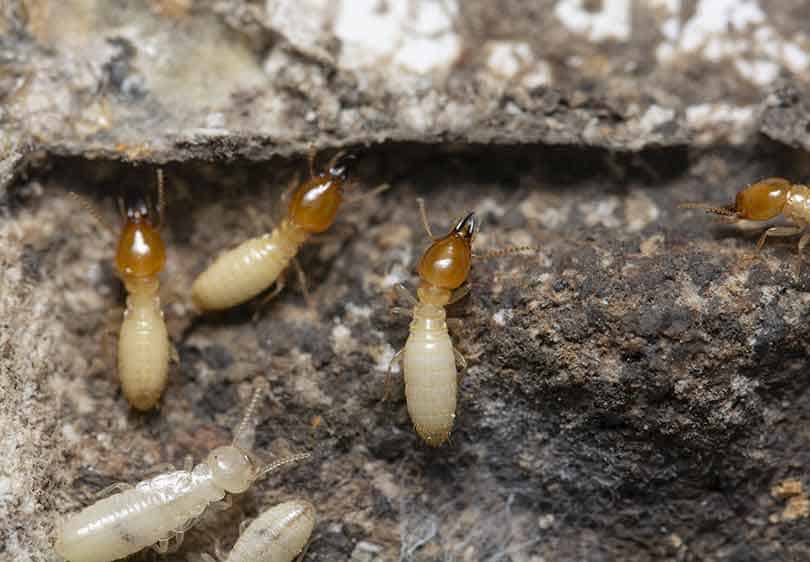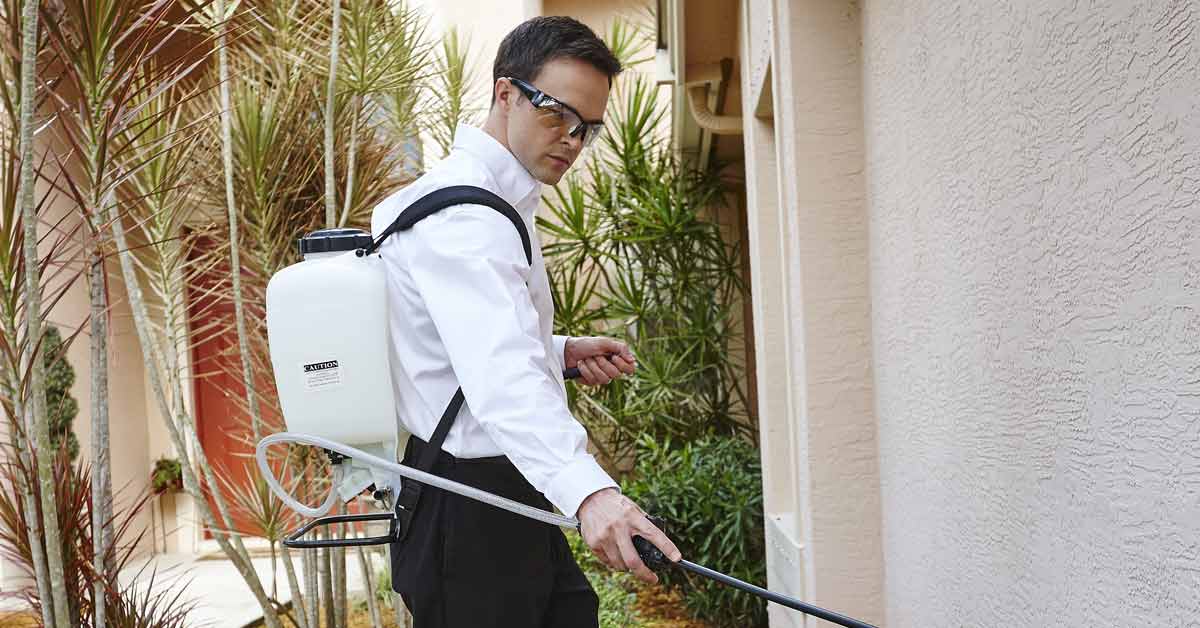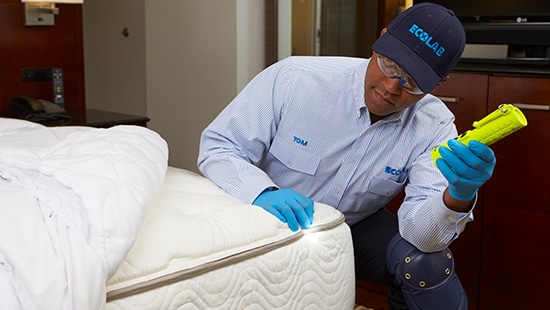Uncovering the Different Kinds of Parasite Control Techniques and Their Applications
Insect control is an essential element of keeping a healthy and secure environment, whether it be in domestic, business, or farming settings. From chemical techniques that target specific pests to organic techniques that harness all-natural killers, the world of bug control is substantial and varied.
Chemical Parasite Control Methods
Chemical pest control techniques are widely made use of in agriculture and bug management to effectively eliminate or manage pest infestations. These methods involve the use of chemical compounds, such as pesticides, herbicides, and chemicals, to reduce or remove parasite populaces that pose a hazard to crops, livestock, or human health.
While chemical insect control strategies can be extremely efficient in handling pest populations, they likewise elevate worries regarding possible environmental and health and wellness risks. Inappropriate use or overuse of chemical pesticides can cause pollution of dirt, water, and air, hurting non-target organisms and creating lasting eco-friendly damage. In addition, repeated exposure to chemical deposits may posture health threats to farmworkers, consumers, and wild animals. It is essential to comply with safety and security standards, utilize incorporated pest management approaches, and consider different methods to reduce the adverse effects of chemical pest control techniques.
Organic Parasite Control Methods
 Organic parasite control methods use living microorganisms to minimize and take care of insect populaces in a sustainable and eco-friendly fashion. This approach entails introducing natural killers, bloodsuckers, or pathogens to regulate bugs without the need for artificial chemicals. One typical technique is the launch of ladybugs to combat aphids in yards, as ladybugs are natural predators of these damaging parasites. One more instance is using Bacillus thuringiensis (Bt), a bacterium that generates toxic substances dangerous to particular insect larvae, to regulate insects and caterpillars.
Organic parasite control methods use living microorganisms to minimize and take care of insect populaces in a sustainable and eco-friendly fashion. This approach entails introducing natural killers, bloodsuckers, or pathogens to regulate bugs without the need for artificial chemicals. One typical technique is the launch of ladybugs to combat aphids in yards, as ladybugs are natural predators of these damaging parasites. One more instance is using Bacillus thuringiensis (Bt), a bacterium that generates toxic substances dangerous to particular insect larvae, to regulate insects and caterpillars.

Biological pest control techniques use several benefits over chemical methods. Overall, biological insect control methods present a natural and reliable choice to traditional chemical treatments, advertising a balanced environment and healthier environments.
Physical Pest Control Approaches
Using physical methods to regulate parasites includes the usage of mechanical or non-chemical methods to minimize and handle bug problems properly. One usual physical insect control method is the installment of displays, fencings, or webs to obstruct insects from going into details areas.
Another physical strategy is using catches, such as snap catches for rats or pheromone traps for bugs. These traps objective to record pests without positioning any risk to humans or the setting. Furthermore, physical control methods can consist of strategies like handpicking bugs off plants, using vacuum cleaner tools to eliminate pests, or employing warm treatments to eradicate bed insects and other parasites in ravaged areas.
Integrated Bug Management Strategies
Executing an alternative strategy to pest management, Integrated Bug Management (IPM) strategies aim to incorporate different efficient strategies to stop and control parasite invasions while reducing environmental influence and making certain sustainable parasite control methods. IPM entails the assimilation of numerous control methods such as biological control, cultural practices, mechanical control, and the cautious use of pesticides.

In addition, IPM highlights the significance of tracking and examining pest populations to establish one of the most appropriate control methods. By carrying out IPM strategies, parasite control efforts become much more targeted and efficient, reducing the dangers connected with too much chemical use and promoting long-lasting insect administration services.
Natural and Organic Pest Control Options

One prominent organic bug control technique is neem oil, originated from the seeds of the neem tree, which acts as a repellent and interrupts the development and growth of pests. Diatomaceous planet, an all-natural silica-based powder, is one more effective natural bug control option that functions by dehydrating pests upon call. find out this here By including natural and natural bug control options right into bug administration approaches, individuals can efficiently control insects while reducing injury to the atmosphere and promoting sustainable methods.
Final Thought
Finally, various parasite control techniques such as chemical, biological, physical, integrated pest administration, and all-natural choices are available for successfully managing pest invasions. Each approach has its very own benefits and applications depending upon the sort of insect and the environment. By recognizing the various sorts of insect control techniques and their applications, people can make informed decisions on the most ideal method to regulate bugs and protect their property.
Chemical parasite control methods are commonly utilized in agriculture and bug administration to successfully eliminate or regulate pest problems - Orem Pest Control. Natural parasite control techniques involve making use of organic control agents, such as killers or bloodsuckers, to handle parasite populations. By including natural and organic bug control options into parasite management methods, individuals can successfully regulate insects while decreasing harm to the atmosphere and promoting sustainable techniques
In verdict, different insect control techniques such as chemical, organic, physical, incorporated parasite monitoring, and natural alternatives are available for efficiently taking care of bug invasions. By recognizing the different types of insect control methods and their applications, individuals can make enlightened decisions on the most appropriate technique to manage pests and secure their home.
Comments on “Orem Pest Control: Your Companion in Maintaining a Pest-Free Setting”